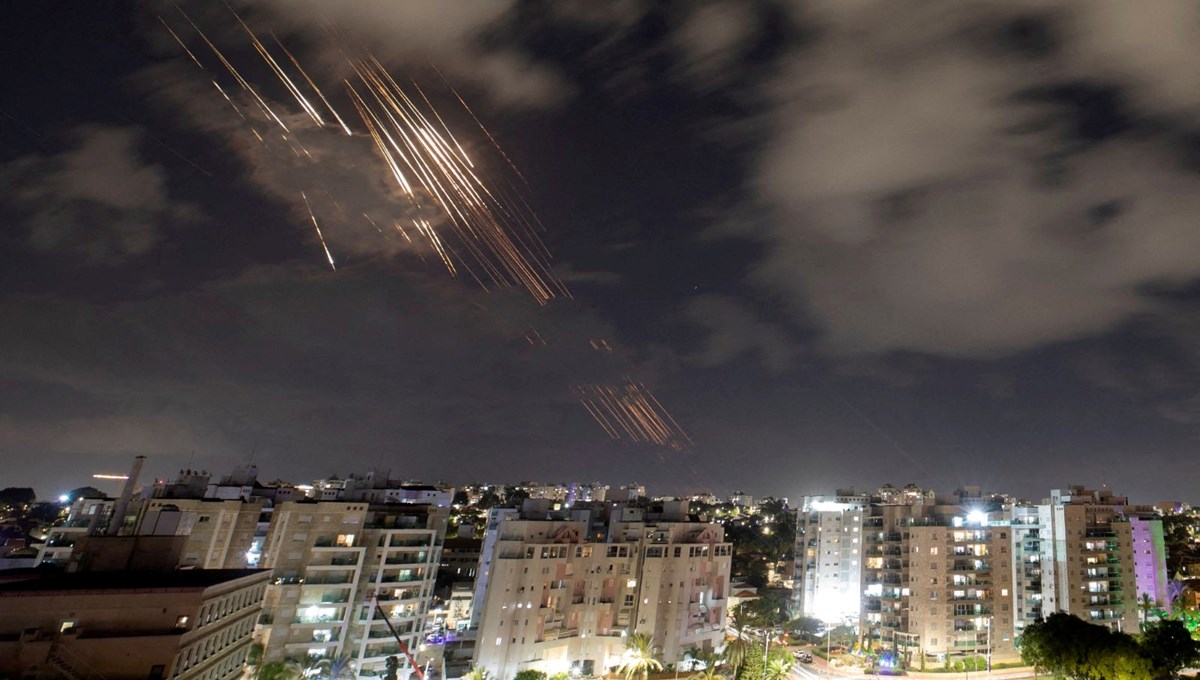Iran Launches Missile Attack on Israel: Middle East Braces for Retaliation
On October 1st, Iran carried out a significant military strike by launching approximately 200 ballistic missiles targeting the Tel Aviv region of Israel. This action has intensified global anticipation for Israel’s counter-response. Iran’s military operation specifically aimed at three Israeli military bases in Tel Aviv.
Israel’s Expected Response
Israeli Prime Minister Benjamin Netanyahu condemned Iran’s actions as a “grave mistake” and promised immediate retaliation, assuring that Iran would pay for its aggression. Experts suggest that the Israeli military might conduct precise strikes on Iran’s strategic assets, including nuclear and oil production facilities, assassinations of Revolutionary Guard members, and other critical military actions.
Escalating Tensions in the Middle East
The Middle East has not been this close to a regional war in a long time. Analysts indicate that Iran’s attack was meticulously planned, though Israel’s response remains highly unpredictable. Potential scenarios range from limited retaliation to a more severe counterattack.
Israel’s Air Defense Challenges
The ballistic missiles fired by Iran managed to bypass Israel’s Iron Dome air defense system. Israeli officials have stated that all options are on the table, while former Prime Minister Naftali Bennett advocated for a definitive strike on Iran’s nuclear facilities.
Alternative Targets and Potential Outcomes
Iran’s nuclear facilities, located deep underground, present challenging targets for Israeli aerial attacks. Alternatively, less fortified areas such as oil fields are considered viable targets. Iran’s strategic locations, such as the port city of Bandar-e Bushehr, are also potential targets for Israel’s retaliation.
Conclusion
In the coming days, all eyes will be on Israel’s countermeasures and the evolving tension in the Middle East. Analysis of the bilateral relations between the two nations points to significant impacts on regional security dynamics.
